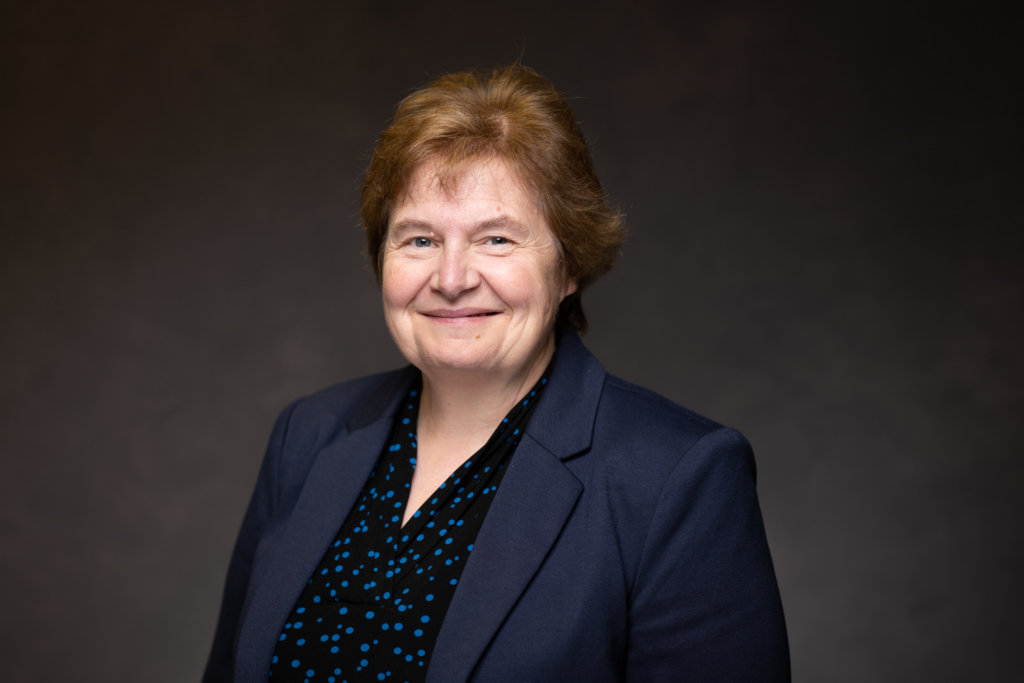Wednesday 8 March 2023
“This report must act as a springboard, driving the neurodiversity the nuclear sector is craving”
On International Women’s Day Dr Fiona Rayment, Chief Science and Technology Officer, National Nuclear Laboratory (NNL), is delivering a keynote speech and moderating a panel of leaders from across the global nuclear sector to launch the OECD Nuclear Energy Agency (OECD NEA)’s first publicly available report on gender balance in the nuclear sector.
Women continue to make vital contributions to the sector, but their visibility and overall numbers in the sector remain limited. The report is based on data collected from over 8,000 women in the nuclear workforce in 32 countries, as well as human resources data from 96 nuclear organisations in 17 countries.
Here, in a joint blog for NNL and the Nuclear Industry Association, Fiona explains why this report must act as the rallying call to move the nuclear sector to greater gender balance in the future.

“With the ever-increasing importance of energy security while minimising carbon emissions, a solution including nuclear energy is receiving greater focus. Meeting these challenges require a broad range of skills that can be delivered through a neuro-diverse workforce. Creating gender balance across the international nuclear sector is a key element in achieving this. This OECD-NEA report provides both quantitative and qualitative information on the status of gender balance in Nuclear internationally together with the associated challenges that women face.
“The data provided has highlighted that woman in the nuclear sector of NEA countries make up only 25% of the workforce and are generally clustered in non-STEM roles. In addition, women make up less than 20% of the nuclear workforce in upper management/executive roles and currently less than 33% of new hires are female. Women are likely to be paid less compared with their male counterparts, especially in non-European countries and are more likely to “leak” early from the nuclear talent pipeline.
“The feedback from females working in the sector was also interesting noting that there are few visible role models as female leaders in the workplace. In addition, there were multiple examples of workplace harassment, familial responsibilities creating negative career impacts and institutional barriers to enable inclusive workplaces for women. Furthermore, in many cases it was noted that management was not always committed to change.
“My hope is that this report enables the sector to have a springboard to move to greater gender balance in the years ahead driving the neurodiversity the sector is craving. I look forward to continuing to work with OECD-NEA on this important initiative as we enable this data to drive attraction, retention, and advancement of females across the nuclear sector.”
